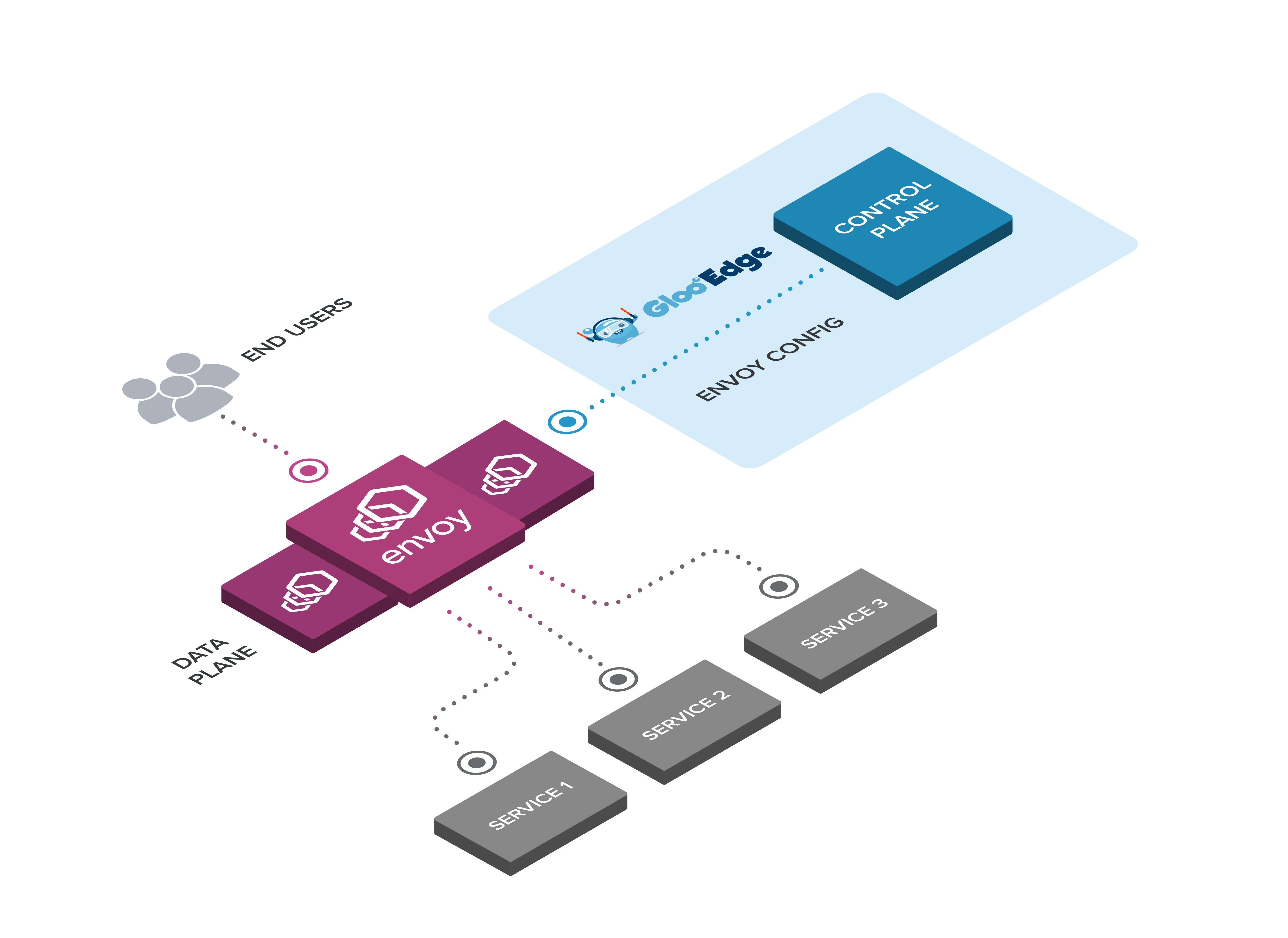 Documentation
¶
Documentation
¶
There is no documentation for this package.
 Directories
¶
Directories
¶
| Path | Synopsis |
|---|---|
|
docs
|
|
|
examples/xslt-guide
Module
|
|
|
hack
|
|
|
install
|
|
|
jobs
|
|
|
pkg
|
|
|
listers/mocks
Package mocks is a generated GoMock package.
|
Package mocks is a generated GoMock package. |
|
utils/selectionutils/mocks
Package mocks is a generated GoMock package.
|
Package mocks is a generated GoMock package. |
|
projects
|
|
|
gateway/pkg/api/v1/kube/apis/gateway.solo.io/v1
Package v1 is the v1 version of the API.
|
Package v1 is the v1 version of the API. |
|
gateway/pkg/api/v1/kube/client/clientset/versioned
This package has the automatically generated clientset.
|
This package has the automatically generated clientset. |
|
gateway/pkg/api/v1/kube/client/clientset/versioned/fake
This package has the automatically generated fake clientset.
|
This package has the automatically generated fake clientset. |
|
gateway/pkg/api/v1/kube/client/clientset/versioned/scheme
This package contains the scheme of the automatically generated clientset.
|
This package contains the scheme of the automatically generated clientset. |
|
gateway/pkg/api/v1/kube/client/clientset/versioned/typed/gateway.solo.io/v1
This package has the automatically generated typed clients.
|
This package has the automatically generated typed clients. |
|
gateway/pkg/api/v1/kube/client/clientset/versioned/typed/gateway.solo.io/v1/fake
Package fake has the automatically generated clients.
|
Package fake has the automatically generated clients. |
|
gateway/pkg/mocks
Package mocks is a generated GoMock package.
|
Package mocks is a generated GoMock package. |
|
gateway/pkg/mocks/mock_v1
Package mocks is a generated GoMock package.
|
Package mocks is a generated GoMock package. |
|
gateway/pkg/translator/mocks
Package mocks is a generated GoMock package.
|
Package mocks is a generated GoMock package. |
|
gateway2/translator/plugins/mirror/mocks
Package mocks is a generated GoMock package.
|
Package mocks is a generated GoMock package. |
|
gloo/cli/pkg/cmd/install/mocks
Package mocks is a generated GoMock package.
|
Package mocks is a generated GoMock package. |
|
gloo/cli/pkg/cmd/version/mocks
Package mock_version is a generated GoMock package.
|
Package mock_version is a generated GoMock package. |
|
gloo/pkg/api/v1/enterprise/options/extauth/v1/kube/apis/enterprise.gloo.solo.io/v1
Package v1 is the v1 version of the API.
|
Package v1 is the v1 version of the API. |
|
gloo/pkg/api/v1/enterprise/options/extauth/v1/kube/client/clientset/versioned
This package has the automatically generated clientset.
|
This package has the automatically generated clientset. |
|
gloo/pkg/api/v1/enterprise/options/extauth/v1/kube/client/clientset/versioned/fake
This package has the automatically generated fake clientset.
|
This package has the automatically generated fake clientset. |
|
gloo/pkg/api/v1/enterprise/options/extauth/v1/kube/client/clientset/versioned/scheme
This package contains the scheme of the automatically generated clientset.
|
This package contains the scheme of the automatically generated clientset. |
|
gloo/pkg/api/v1/enterprise/options/extauth/v1/kube/client/clientset/versioned/typed/enterprise.gloo.solo.io/v1
This package has the automatically generated typed clients.
|
This package has the automatically generated typed clients. |
|
gloo/pkg/api/v1/enterprise/options/extauth/v1/kube/client/clientset/versioned/typed/enterprise.gloo.solo.io/v1/fake
Package fake has the automatically generated clients.
|
Package fake has the automatically generated clients. |
|
gloo/pkg/api/v1/enterprise/options/graphql/v1beta1/kube/apis/enterprise.gloo.solo.io/v1beta1
Package v1beta1 is the v1beta1 version of the API.
|
Package v1beta1 is the v1beta1 version of the API. |
|
gloo/pkg/api/v1/enterprise/options/graphql/v1beta1/kube/apis/graphql.gloo.solo.io/v1beta1
Package v1beta1 is the v1beta1 version of the API.
|
Package v1beta1 is the v1beta1 version of the API. |
|
gloo/pkg/api/v1/gloosnapshot/kube/apis/gloosnapshot.gloo.solo.io/gloosnapshot
Package gloosnapshot is the gloosnapshot version of the API.
|
Package gloosnapshot is the gloosnapshot version of the API. |
|
gloo/pkg/api/v1/kube/apis/gloo.solo.io/v1
Package v1 is the v1 version of the API.
|
Package v1 is the v1 version of the API. |
|
gloo/pkg/api/v1/kube/client/clientset/versioned
This package has the automatically generated clientset.
|
This package has the automatically generated clientset. |
|
gloo/pkg/api/v1/kube/client/clientset/versioned/fake
This package has the automatically generated fake clientset.
|
This package has the automatically generated fake clientset. |
|
gloo/pkg/api/v1/kube/client/clientset/versioned/scheme
This package contains the scheme of the automatically generated clientset.
|
This package contains the scheme of the automatically generated clientset. |
|
gloo/pkg/api/v1/kube/client/clientset/versioned/typed/gloo.solo.io/v1
This package has the automatically generated typed clients.
|
This package has the automatically generated typed clients. |
|
gloo/pkg/api/v1/kube/client/clientset/versioned/typed/gloo.solo.io/v1/fake
Package fake has the automatically generated clients.
|
Package fake has the automatically generated clients. |
|
gloo/pkg/bootstrap/clients/vault/mocks
Package mocks is a generated GoMock package.
|
Package mocks is a generated GoMock package. |
|
gloo/pkg/discovery/mocks
Package mocks is a generated GoMock package.
|
Package mocks is a generated GoMock package. |
|
gloo/pkg/mocks
Package mocks is a generated GoMock package.
|
Package mocks is a generated GoMock package. |
|
gloo/pkg/plugins/consul/mocks
Package mock_consul is a generated GoMock package.
|
Package mock_consul is a generated GoMock package. |
|
gloo/pkg/plugins/enterprise_warning
Package enterprise_warning creates the EnterpriseWarning plugin.
|
Package enterprise_warning creates the EnterpriseWarning plugin. |
|
gloo/pkg/plugins/kubernetes/mocks
Package mock_kubernetes is a generated GoMock package.
|
Package mock_kubernetes is a generated GoMock package. |
|
gloo/pkg/plugins/registry
Package registry is responsible for managing
|
Package registry is responsible for managing |
|
gloo/pkg/upstreams/consul/mocks
Package mock_consul is a generated GoMock package.
|
Package mock_consul is a generated GoMock package. |
|
gloo/pkg/utils/mocks
Package mock_utils is a generated GoMock package.
|
Package mock_utils is a generated GoMock package. |
|
gloo/pkg/xds
Package server provides an implementation of a streaming xDS server.
|
Package server provides an implementation of a streaming xDS server. |
|
test
|
|
|
mocks/cache
Package mock_cache is a generated GoMock package.
|
Package mock_cache is a generated GoMock package. |
|
mocks/gloo
Package mock_validation is a generated GoMock package.
|
Package mock_validation is a generated GoMock package. |
|
mocks/kubernetes
Package mock_kubernetes is a generated GoMock package.
|
Package mock_kubernetes is a generated GoMock package. |
Click to show internal directories.
Click to hide internal directories.

